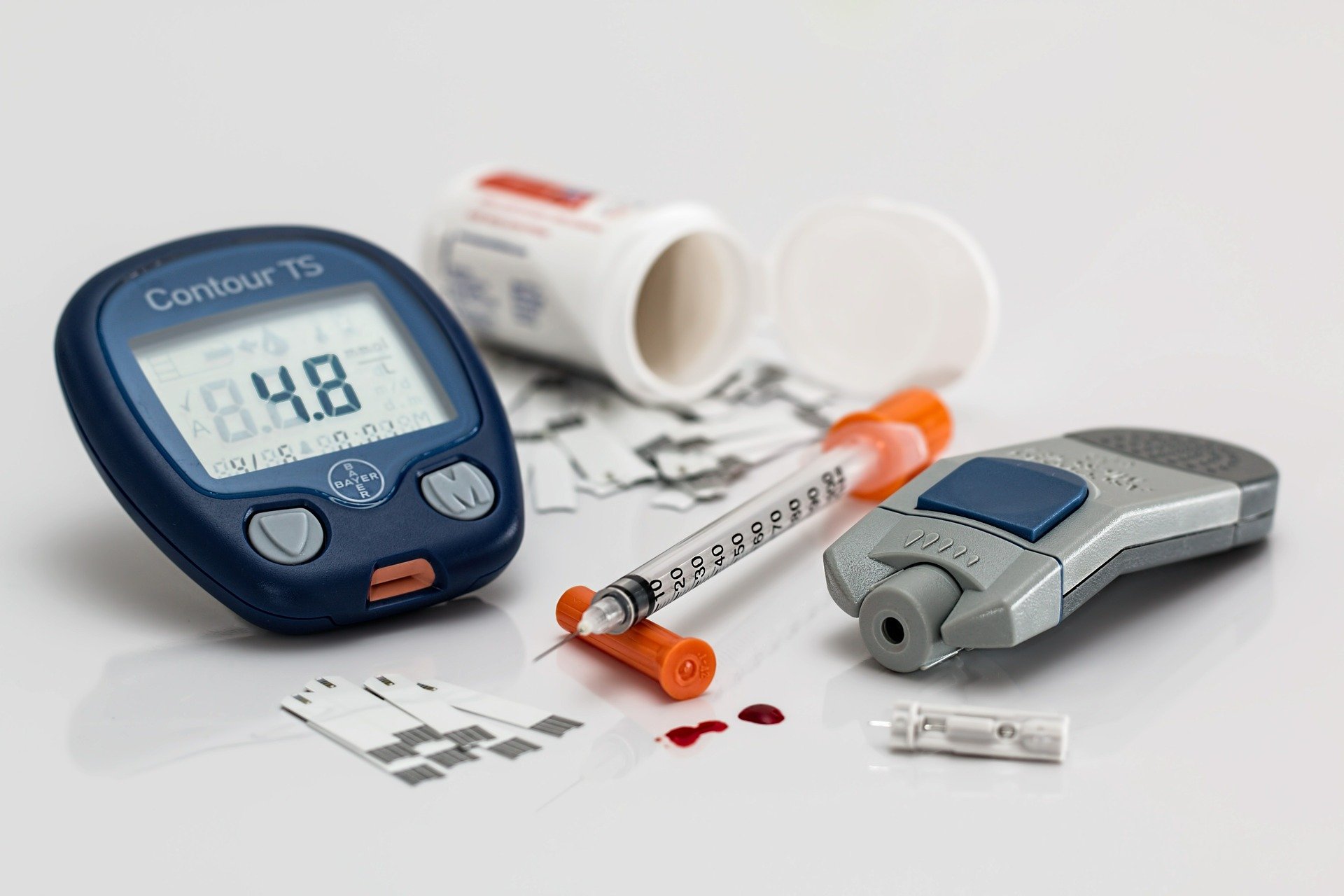Diabetes is one of the most prevalent diseases among elderly adults. In fact, approximately 25% of seniors have been diagnosed with this chronic health condition. Without proper treatment, diabetes can cause dangerous blood sugar spikes that can result in loss of vision, stroke, heart disease, kidney failure, high blood pressure, dental disease, skin infections, depression, and poor circulation and nerve damage – especially in the legs and feet.
Therefore if you are a caregiver looking after a loved one with Type II diabetes, it is essential that you know the warning signs of advancing symptoms, as well as how to provide preventative assistance.

Here is a useful checklist to help you care for a diabetic:
Be sure they are self-monitoring: Your loved one should be in the habit of regularly monitoring their own blood sugar. This one simple action can play a critical role in assisting them maintain control of their disease. High blood sugar may not cause any overt symptoms, therefore it is easy for individuals with diabetes to ignore their condition (or miss the warning signs) until a problem appears. Self-monitoring can help a diabetic stay aware and healthy.
Regular monitoring requires a blood sugar monitor, test strips, and a method of recording daily readings. Some devices will keep the results, as will smartphones with the right app. Of course, a pen and paper will do the trick as well. Ask their physician for the optimum time of day for checking blood sugar and set a schedule for monitoring.
You can help your loved one by arranging monitoring supplies in one convenient place for easy access. If the basket or box with supplies is in plain sight, it will also help to remind your loved one to do their testing. Setting alerts on a watch, alarm clock, or smartphone can also be helpful in remaining on schedule.
Keep track of medication: In addition to a healthy lifestyle, medication is typically very important to maintain good health. Common Type II diabetes drugs are generally in pill form, and may be added to the schedule with other multivitamins or medications for related conditions (such as high blood pressure.)
Easy-to-open pill organizers are a great way to organize your loved one’s medications, in a way that makes managing their medication schedule easier. You can arrange all medicine in advance in the organizer by day of the week, or even time of day. Pill organizers can be found at your local pharmacy or online. Most elderly patients will require easy-to-read labels and easy-open compartments.
Maintain a routine exercise regimen: Diet and exercise is important for the overall health of all individuals, but is especially important for those dealing with a chronic condition such as diabetes. Daily exercise encourages a healthy weight and can lower blood glucose levels and improve insulin sensitivity. Exercise is essential, but must be done safely and appropriately. Therefore it is critical to speak with your loved one’s physician before starting a new exercise program. They may suggest checking blood sugar levels before any exercising, or recommend eating certain carbohydrates to prevent sudden blood sugar drops.
If the patient is reluctant to exercise daily, help them to start with baby steps. An easy brisk walk, swimming a few laps, or taking a low-impact fitness class at the senior center are simple starting points. If possible, plan on exercising with them! Studies have shown that people stick with exercise longer when they have a companion joining them.
Concentrate on good nutrition: Preparing food and ensuring proper nutrition is one of the key elements to combatting diabetes. Reducing carbohydrate intake and increasing consumption of critical vitamins, minerals and nutrients can assist the body to fight against the disease. Many diabetics meet with a nutritionist in addition to their primary care physician and diabetes specialist. These meetings help to determine how many carbs to ingest per day, teach how to properly read food labels, and establish which foods are recommended. Caregivers should routinely read nutrition labels on any packaged food products, while adding additional whole foods such as vegetables, whole grains, nuts, seeds, and fruit.
Here’s a Tip: Many “healthy” foods are actually loaded with dangerous sugars, such as flavored Greek yogurt, dried fruit, salad dressings, and granola bars.
Keep stress levels down: Stress can cause blood sugar spikes, so encourage your loved one to take up yoga, meditation, prayer – whatever can help them to deal with anxiety on a daily basis.
Diabetes and Assisted Living
If you are looking for a compassionate assisted living facility in the Venice area, call the team at A Banyan Residence. We are happy to discuss how we can help your loved one deal with their condition and live a fulfilling and happy life.
